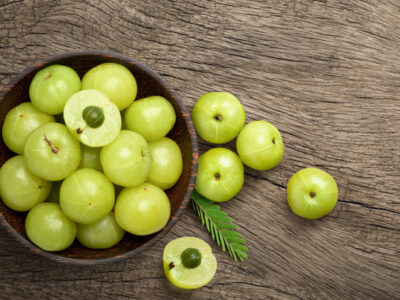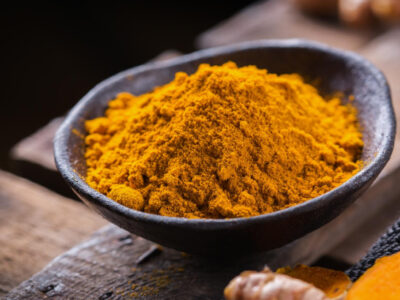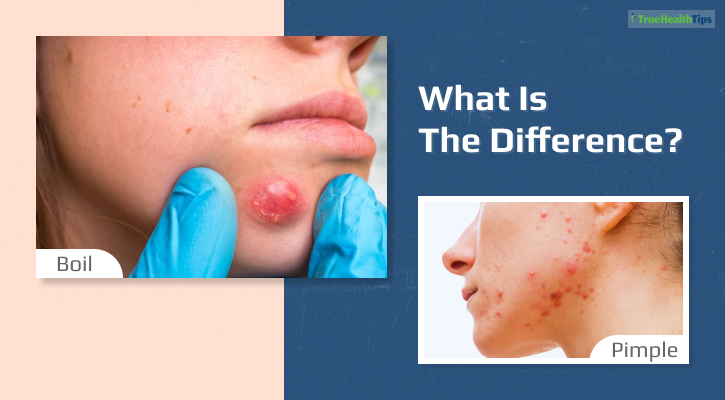
You wake up in the morning and notice an irritating bump on the part of your body. But, you are unsure whether it is a bump or is it a pimple. This irritating bump can often be a bump, and it can also be a pimple. But it is hard to find out which is which. Isn’t it?
If you have the same confusion, then reading this article should help you clear that. In this article, I will discuss the boil vs pimple difference.
Reading this article will help you identify a boil and tell the difference between a boil and a pimple. I have also talked about their symptoms and treatments.
Boil VS Pimple: Which One Is It?
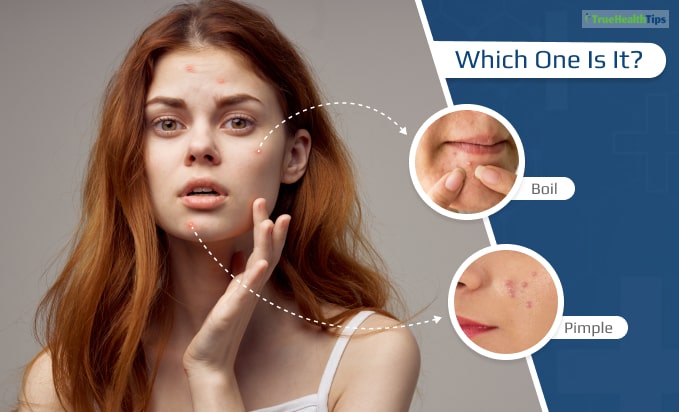
Here are some of the major differences between boil and pimples. These should help you differentiate between Boil and pimple.
- Boils are a type of infection on the skin. The pimples, on the other hand, occur as inflammations and are not necessarily infectious.
- Several reasons behind boils are – plugged hair follicles, infected follicles, exposure to bacteria, and due to any open wound. They also occur due to skin infections or problems related to skin glands.
- On the other hand, the reason behind pimples is blocked pores; overproduction of oil in the skin gland also causes pimples. Hormonal changes are also responsible for pimples.
- Pimple vs boil might seem hard to differentiate. The reason behind this is usually their appearance. You will see small red bumps on both a boil and a pimple. The only difference is that the boil might get larger and will discharge pus. If it is a pimple/ acne, it will be smaller and will be localized.
- If you have a boil, then you need warm compression to treat it. Doctors often surgically drain the pus from the boil.
- Pimple is treated by applying retinoids or benzoyl peroxide on top of the pimples. In severe cases, doctors will prescribe you medicines.
- There is one similarity between boil and pimples. They will heal on their own with over-the-counter treatment at home. Boils can get infected if you don’t pay proper attention to them. Acne or pimples may sometimes get worse and can scar your skin if not treated at the right time.
- Maintaining good hygiene will help you prevent boils. Acne or pimples are hormonal and genetic problems. There are no specific prevention measures. But you can treat them to avoid any severe outcome.
I hope that you got to know about the boil vs pimple difference. For further information, you can go through their definitions.
What Are Boils?
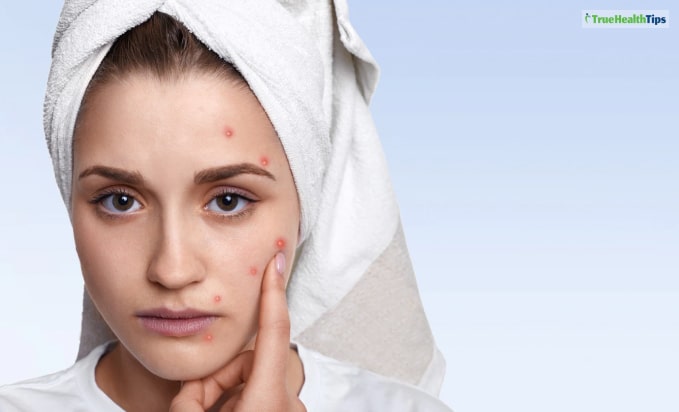
Boils are skin abscesses forming deep inside your hair follicle or your oil gland. Boils appear on your skin as a tender and reddened area. It gradually becomes red and firm. It occurs in a hair follicle, oil gland on the skin, or on a small open wound.
The infection starts to create pus, and it swells, gradually expanding the cavity. Skin areas with high amounts of bacteria tend to have boils.
Where Do Boils Appear?
Boils usually appear on the below-mentioned places on your skin –
- Groin
- Buttocks
- Skinfolds
- Inner thighs
- Or armpits
Causes Of Boils:-
Some common causes why boils appear are –
- Infected hair follicles
- Exposure to bacterias like Staphylococcus aureus
- Skin infections of skin gland problems.
What Are Pimples?
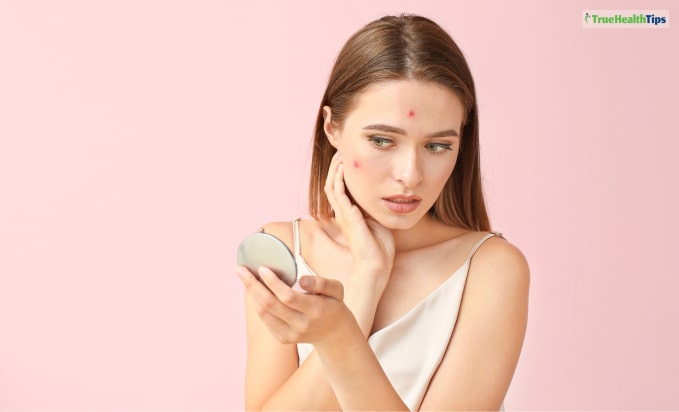
When the hair follicle on your skin becomes plugged with dead skin cells and oil, you will have pimples. Found mostly among teenagers, people of all ages can have pimples. They can come in different sizes and shapes. They can appear on your chest, neck, shoulders, and on your back.
Different types of pimples named as –
- Blackheads: Dead skin cells and dirt clogs inside follicles appearing black.
- Whiteheads: They form deep inside the skin, and they contain pus (a thick mixture of bacteria and blood cells). They appear white.
- Papules: Large, pink bumps that appear sore if you touch them.
- Pustules: Inflamed bumps filled with pus.
- Nodules: Hard lumps forming inside the skin.
- Cysts: They are filled with pus and appear as large and soft on your skin.
Where Do Pimples Appear?
Pimples appear on these parts of your skin –
- Forehead
- Face
- Chest
- Shoulder
- And upper back
Causes Of Pimples:-
Pimples happen because of –
- Bacteria
- Excess oil
- Hair follicles clogged by dead skin and oil
- Inflammation
Boil Vs Pimple Treatment
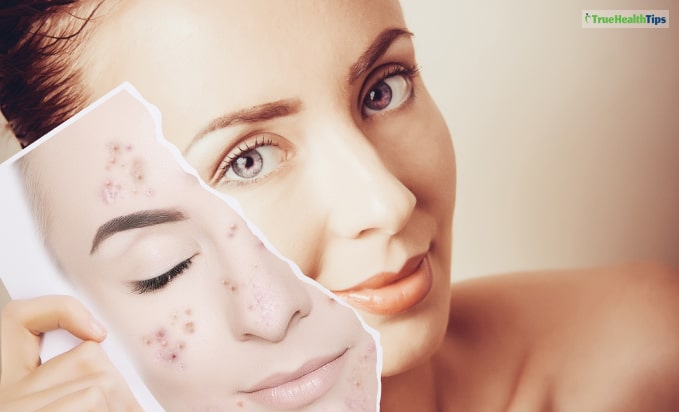
For pimples or acne, maintaining a skincare routine would help cure pimples. But they take around 6 to 8 weeks to heal. Boils can also be treated at home with warm compression and hinge maintenance. Here are different steps and types of treatment for both pimples and boils.
Boils Treatment
- Applying warm compression will make the boil drain faster.
- Pain relievers will help you.
- You may or may not need medications. Please take them if your doctor prescribes them.
- You need to keep the skin around the boil clean and dry. Applying topical antibiotics helps a lot. If you see a doctor, they might surgically drain the boil.
Pimple Treatment
- Regularly washing your skin with warm ( not hot) water is a must.
- Products containing salicylic acid or benzoyl peroxide help reduce oil or dead skin cells stored in the pores.
- You need a gentle moisturizer to reduce the dryness of your skin.
- Regular scrubbing or exfoliating your skin helps reduce dead skin cells from clogging the pores.
- You must never pop or squeeze a pimple.
At-home Remedies For Pimples And Boils
The following remedies can be helpful:
1. Warm Compress:
– Applying a warm compress to the affected area can help reduce inflammation and encourage the boil or pimple to come to a head. Use a clean cloth soaked in warm water and apply it for 15-20 minutes several times a day.
2. Tea Tree Oil:
– Known for its antibacterial and anti-inflammatory properties, tea tree oil can be diluted with a carrier oil and applied to the affected area. Its natural antiseptic qualities can help prevent infection and promote healing.
3. Turmeric Paste:
– Turmeric contains curcumin, known for its anti-inflammatory and antimicrobial properties. Create a paste using turmeric powder and water and apply it to the boil or pimple. Leave it on for 15-20 minutes before rinsing.
4. Garlic:
– Garlic has natural antibacterial properties. Crush a garlic clove and apply the juice to the affected area. This can help speed up the healing process and prevent infection.
5. Aloe Vera Gel:
– Aloe vera is renowned for its soothing properties. Applying aloe vera gel to the boil or pimple can provide relief from pain and discomfort while promoting healing.
6. Epsom Salt Bath:
– Soaking in a warm bath with Epsom salt can help draw out toxins and reduce inflammation. It’s particularly beneficial for boils on larger areas of the body.
7. Honey:
– Honey possesses antibacterial properties. Applying a thin layer of raw honey to the affected area and covering it with a bandage can aid in healing and prevent infection.
8. Apple Cider Vinegar:
– Diluted apple cider vinegar can be applied to boils and pimples using a cotton ball. Its acidity helps to balance the skin’s pH and prevent further infection.
9. Neem Oil:
– Neem oil, derived from the neem tree, has antimicrobial properties. Applying diluted neem oil to the affected area can assist in reducing inflammation and preventing bacterial growth.
10. Keep the Area Clean:
– Practicing good hygiene is essential. Gently cleanse the affected area with mild soap and water to prevent the spread of bacteria and promote healing.
While these home remedies can be effective, it’s crucial to avoid squeezing or puncturing boils or pimples, as this can lead to infection or scarring.
Frequently Asked Questions (FAQs):-
No matter how much confusion you have regarding boil vs pimple, the above sections should help you find a clear answer. However, here are some additional questions and answers to help you.
Ans: Yes, boils can often look like large acne pimples. It develops as a red and firm lump under your skin. It grows in a few days. It grows larger and softer. You will see a white and pus-filled head getting developed.
Ans: A boil on your skin starts as a tender area that reddens and gets firm. The infection then does damage to your skin. Then your blood cells respond with filling the center of the infection with pus making it soft.
Ans: Yes, pimples can often be painful. When acne develops cysts deep under the skin, they become painful. Doctors suggest not to press these pimples or burst them. You can take help from a dermatologist in curing pimples and preventing them from causing any scars.
When To See A Doctor?
Both pimples and boil change can be cured at home without going to a doctor. For boils, adding warm compression is the start of treatment. To treat pimples, you need to maintain regular skin hygiene and follow the home remedy routines.
But sometimes, you need the help of the doctor to drain the boil surgically. Also, for pimples, you might need the help of a dermatologist to prevent further damage from happening. But it depends on your condition. I hope that you have found your answer to boil vs pimple. For further clarifications, please reach out to us through the comment section.
Read Also:

